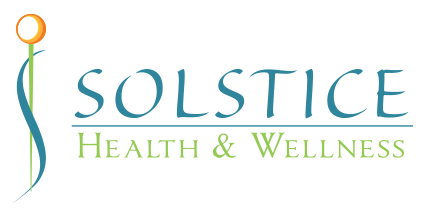
What Is Addiction?
Addiction also called substance use disorder is a complex illness that affects a person’s mind and behavior. It is characterized by compulsively seeking and using alcohol, caffeine, tobacco, prescription medications, illicit drugs, and other substances or behaviors despite negative consequences. Addiction is not a lack of willpower or a moral failing.
Do I or A Loved One Have A Substance Use Disorder?
Addiction doesn’t develop or happen overnight. In general, the path leads first to abuse and then, in some people, to addiction. In most cases, an addiction typically starts with experimental use and progresses over time into a need to use regularly, even at the expense of health and safety.
Can Addiction Be Treated?
Yes. There are many ways to treat substance use disorders. Depending on the substance(s) involved, treatment may include medications, behavioral therapies (counseling, psychotherapy), or a combination of both. Medications are available to treat addiction to opioids (Heroin, Oxycodone, Vicodin, Percocet, Codeine, Fentanyl & Others), nicotine, and alcohol, but none have yet been approved for treating addiction to marijuana, stimulants, or depressants. However, behavioral therapy can be helpful in these cases.
Research shows that combining medication with behavioral therapies is more effective in treating substance use disorders than either modality alone. Individuals tend to have a healthier lifestyle and be more engaged in therapy, work, school, and other activities. Learn how we can help.
Do Medications Replace One Drug For Another?
No. Medications alleviate withdrawal symptoms, block the euphoric effects of substances, relieve physiological cravings, and normalize brain chemistry without the negative effects of the abused substance.
Medications for treating opioid use disorder include methadone, buprenorphine/naloxone (Suboxone), and long-acting naltrexone (Vivitrol). Naltrexone, Vivitrol, and Acamprosate are regularly used to treat alcohol use disorders. Chantix and nicotine replacement are effective therapies for tobacco/nicotine cessation.
References
American Psychiatric Association; National Alliance on Mental Illness (NAMI); Substance Abuse and Mental Health Services Administration; Foundation for Addiction and Mental Health; National Institute on Drug Abuse (NIDA) and National Council on Alcoholism and Drug Dependence (NCADD) Medical-Scientific Committee, 2015.
